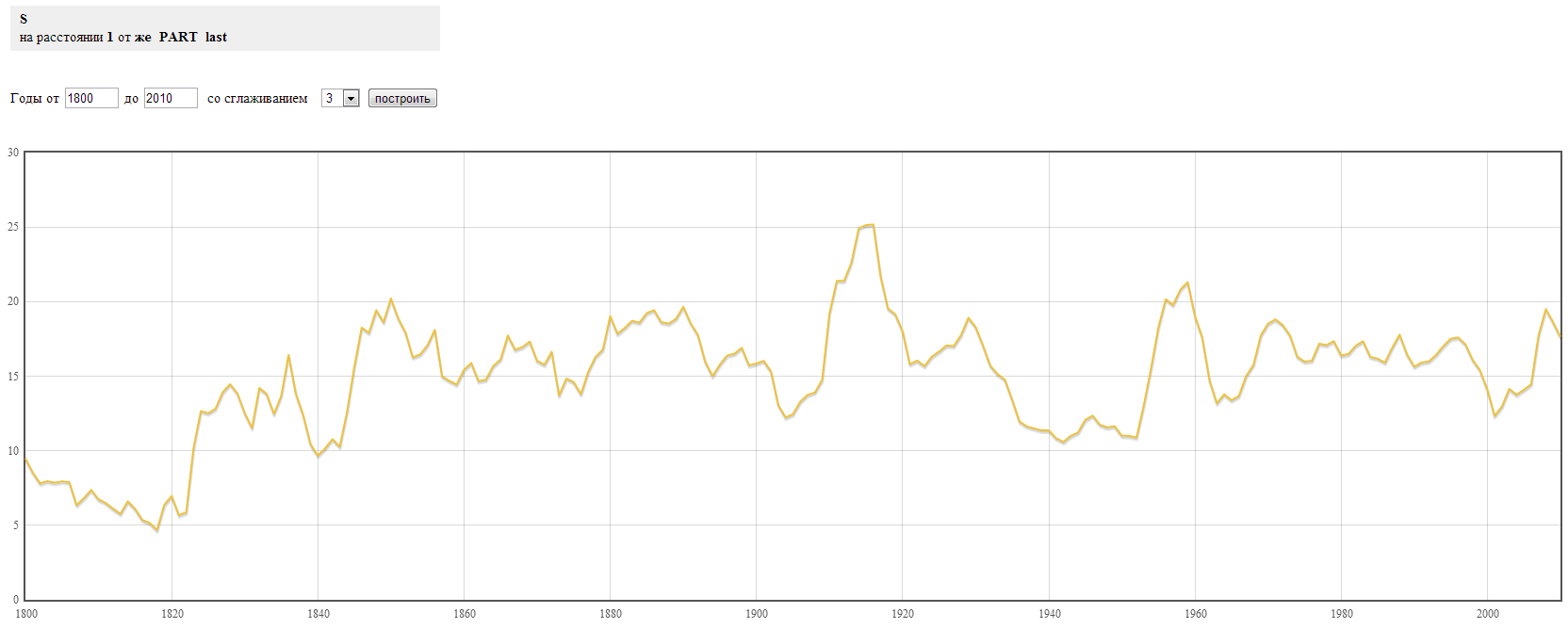The же-particle normally, to the best of my knowledge, seldom, if ever, takes final position in a sentence.
Let's check this using the Russian National Corpus. Internet speech is very close to the spoken speechlanguage. However many people are notaren't good withat typing and tend to write shorter sentences. Anyway, let's check the Spoken corpus that contains transcripts of the speech from moviesmovie scripts and magnetic tape recordsrecordings of public and private speech. I took the version of the corpus that disambiguates particles and conjunctions. Here are the results:
As you can see, же is used at the end of the sentence in 8% of all cases - not so often, but it is not so rare as wellrarely either. As for же after a noun at the end of the sentence, it looks like the manually tagged corpus is too small to show such casethis: if there are still 8%, then out of 15 entries there should be only 1. But if searched in the disambiguated version, the amount is close to 10%.
ThoughHowever, if we look closely onat examples of usage of же after a noun, 3 of them come before a pause:
In such casecases, almost 20% of such casesthem match the pattern "комментарий же".
But if we look at the non-disambiguated corpus, the numbers are almost the same:
So, 8.5% timesof the time, же is placed at the end of the sentence. If we require that the же isbe placed after a noun, then the number of such expressions at the end of the sentence is 11%.
As for beginning of the usage "noun + particle at the end of the sentence". I searched in main corpus for such structure and according to this chart (you can get it by clicking "Распределение по годам" link) it looks like there isthere's no big difference between modern usage and with usage duringover the previous 180 years. Though currently, although we currently have a local maximum of usage after the local minimum at the beginning of 2000. In fact, the global maximum is around 1910.
So it doesn't look to me that it is something newly inventedlike anything recently adopted.
